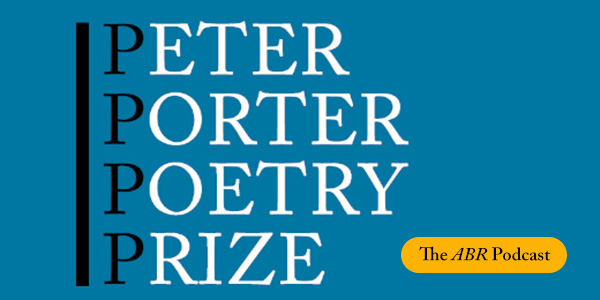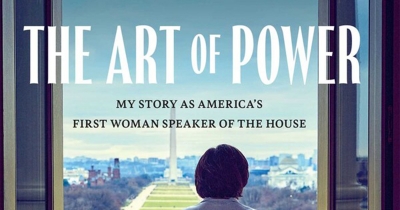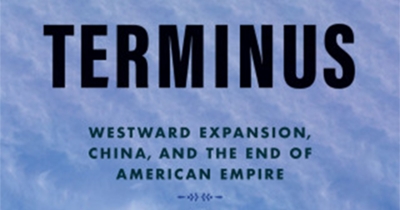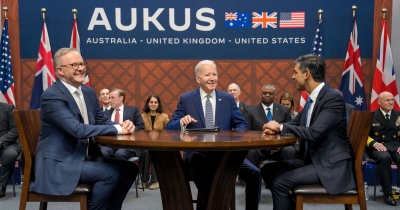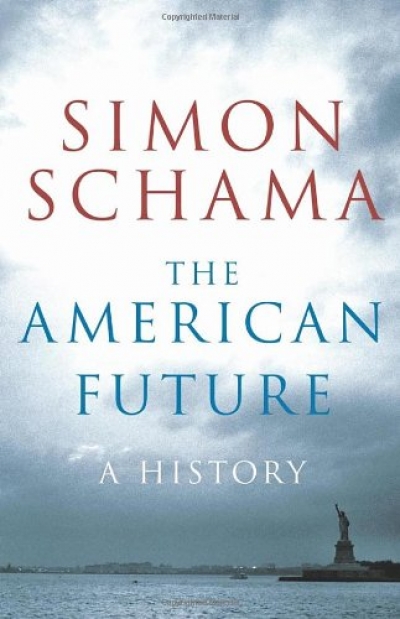Accessibility Tools
- Content scaling 100%
- Font size 100%
- Line height 100%
- Letter spacing 100%
United States
The ABR Podcast
Released every Thursday, the ABR podcast features our finest reviews, poetry, fiction, interviews, and commentary.
Subscribe via iTunes, Stitcher, Google, or Spotify, or search for ‘The ABR Podcast’ on your favourite podcast app.
2025 Peter Porter Poetry Prize Shortlist
Read by the poets
This week on The ABR Podcast we feature the 2025 Peter Porter Prize shortlisted poems, as read by the five poets, published in the January-February issue of ABR.
Recent episodes:
The Art of Power: My story as America’s first woman Speaker of the House by Nancy Pelosi
A recent advertisement in The Guardian headed ‘Can’t get enough of the US election?’ prompted reflections on our seeming obsession with the current presidential campaign. Myriad readers follow the contest closely, almost compulsively. On the hour, we check the major websites for the latest polls or Trumpian excesses. In a way, the election feels more urgent, galvanising, consequential, and downright entertaining then next year’s federal election.
... (read more)Terminus: Westward expansion, China, and the end of the American empire by Stuart Rollo
How to Lose a War: The story of America’s intervention in Afghanistan by Amin Saikal
The Forever War: America’s unending conflict with itself by Nick Bryant
When the former Labor prime minister Paul Keating appeared at the National Press Club in March 2023 to savage the bipartisan commitment to acquire nuclear-powered submarines under the AUKUS agreement, he did so only days after Anthony Albanese had stood alongside his British counterpart Rishi Sunak and US President Joe Biden in San Diego to announce the ‘optimal pathway’ for the agreement. Fluttering above them were the respective flags of the three nations. In the background lay berthed the USS Missouri, a Virginia class submarine lined with American sailors and festooned with its own bunting. But as Keating noted in typically pungent fashion, on that day ‘there was only one payer: the Australian prime minister … there’s three leaders standing there … [but] only one is paying … our bloke, Albo. The other two, they’ve got the band playing, happy days are here again.’
... (read more)In this week’s ABR Podcast, Timothy J. Lynch, Professor of American Politics at the University of Melbourne, considers the November 2022 American midterm elections. Lynch finds reason to ‘to be cheerful’, for what voters communicated – more than anything else – was their growing intolerance for a new brand of ideologically driven, conspiratorial politics. Listen to Timothy J. Lynch with ‘Enough already! Post-Trump America returns to the centre’.
... (read more)In the anniversary week of Barack Obama’s election, the New York Yankees won the World Series, as all the world surely knows by now. The victory might have guaranteed a celebration, even in an America where unemployment hit ten per cent in the same week, but the glitz of the Yankees’ Friday ticker-tape parade through Lower Manhattan’s sombre but not sobered financial district was overshadowed by the news of the mass shooting at Fort Hood in Texas by American-born Major Nidal Malik Hasan.
... (read more)It has been an extraordinary political war. Conventional wisdoms and long-standing assumptions have flown out the window. The final choice is remarkable: a young, ‘cool’ and detached African American who abjures commitment versus a decided, indeed hot-tempered, maverick whose entire essence is commitment. Long gone is the ‘inevitable candidate’ whose gender is now represented on the opposition ticket, as a vice-presidential candidate no one came close to predicting.
... (read more)
